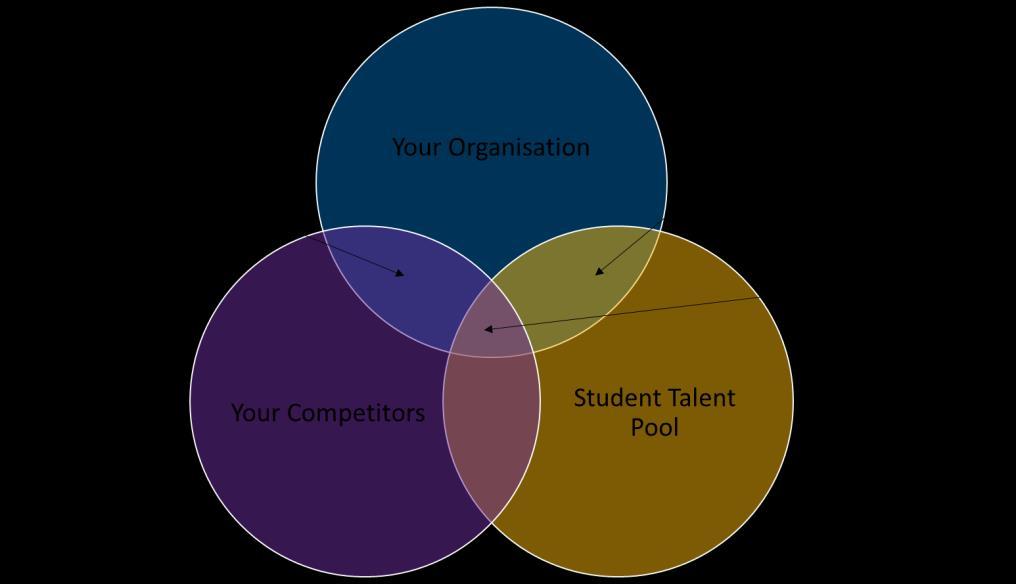
2 minute read
Making an Offer
Once you have decided which candidates have been successful, you will typically give them a verbal offer before sending a formal offer letter. The policies of your organisation will normally dictate what information needs to be included in an offer letter. If no precedent exists, some general considerations include:
Give as much information as possible about the details of the offer and employment. Provide a job title and job description if possible. Include conditions of service and information about where the graduate will be working (including location where possible). If the offer is to be conditional, clearly set out these conditions. Be as flexible as possible about a start date. Specify the starting salary as well as details of any relocation allowance or other remuneration or benefits e.g. profit share or bonus systems. Give candidates a deadline for a response to the offer. Specify the person to whom the graduate should speak for further clarification. If your program includes an induction or orientation, this should be included in the offer letter.
The approach you have taken throughout the recruitment process, coupled with the steps above, will hopefully lead to acceptance of an offer. If not, confirm if the candidate has any questions, and perhaps organise for them to have a coffee or lunch with team members to congratulate them on the offer and address any remaining issues.
Post-Offer Management
As offers are often extended up to twelve months in advance of the graduate joining your organisation, it is important to have a strategy in place to maintain your relationship. Post-offer management should not become onerous (as you may shift your focus to other recruitment initiatives following the graduate campaign), nor should it impose on your graduates’ final semester of university. There are a number of ways that you and your organisation can keep in touch with your new recruits:
Acknowledge the receipt of an ‘accepted’ offer and provide contact information if this is different from the recruiter they dealt with during the recruitment process.
Consider Christmas and ‘good luck in your exams’ cards.
Start a Facebook or social media group to keep connected with them. Note, you should only consider this if you have the capacity to manage the group and upload regular posts.
Consider sending annual reports, newsletters or other announcements from your organisation to keep graduates advised of the successes you are enjoying or activities they can look forward to.
Host events for them such as a lunch or cocktail party.
Allocate a ‘buddy’ to each of the candidates that have accepted a graduate position with you. A buddy is usually a current first year graduate, often working in the same department as the new graduate they are allocated to.
Encourage business units to include their new graduates in any team activities.
Remember to provide information on where to go and what to expect on their first day. N.B. Be mindful that as these graduates have not yet started with your organisation, they may not be protected by your insurance and other conditions of employment. Therefore, you should consider the nature of the activities to which they are invited.



